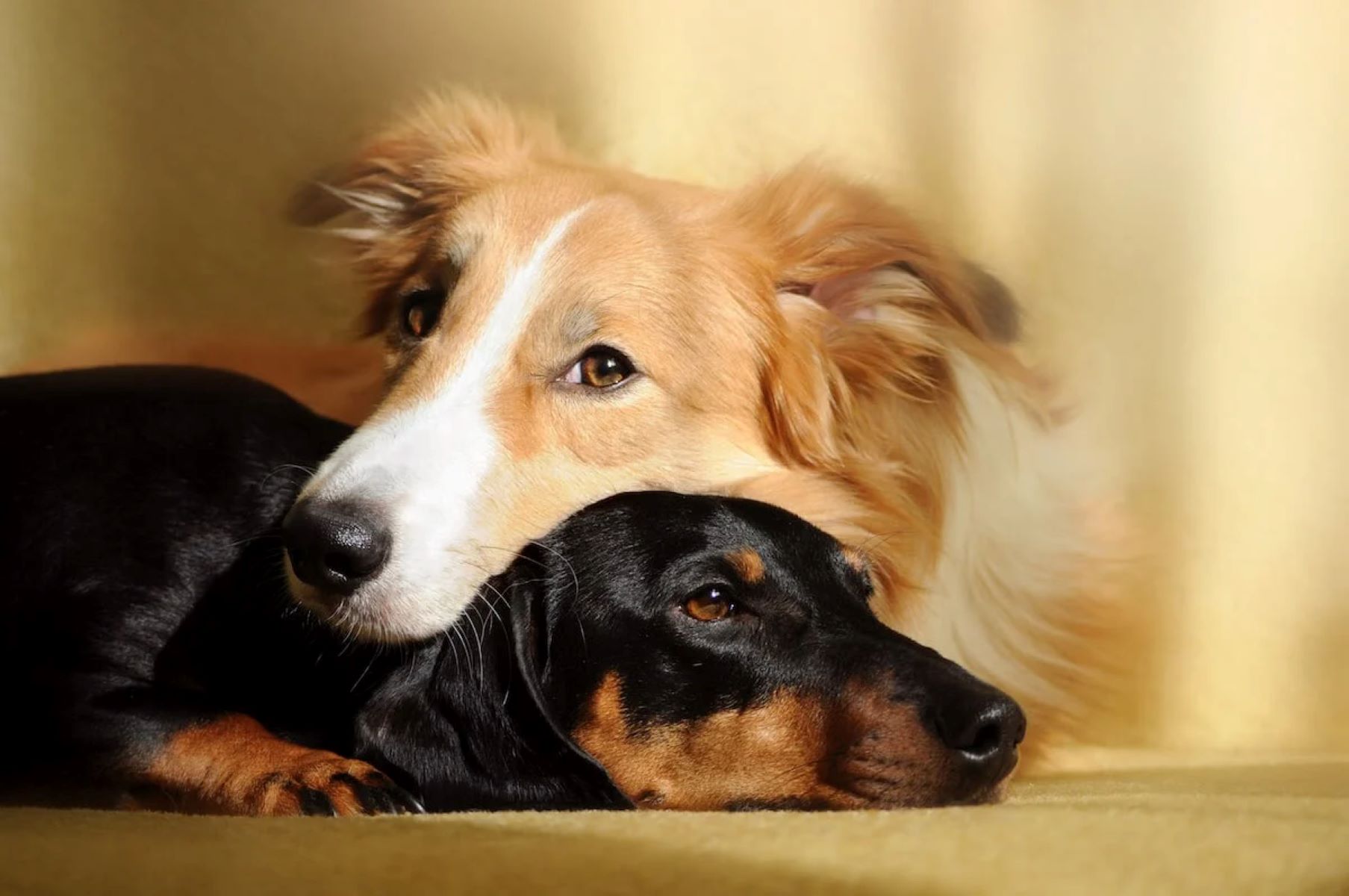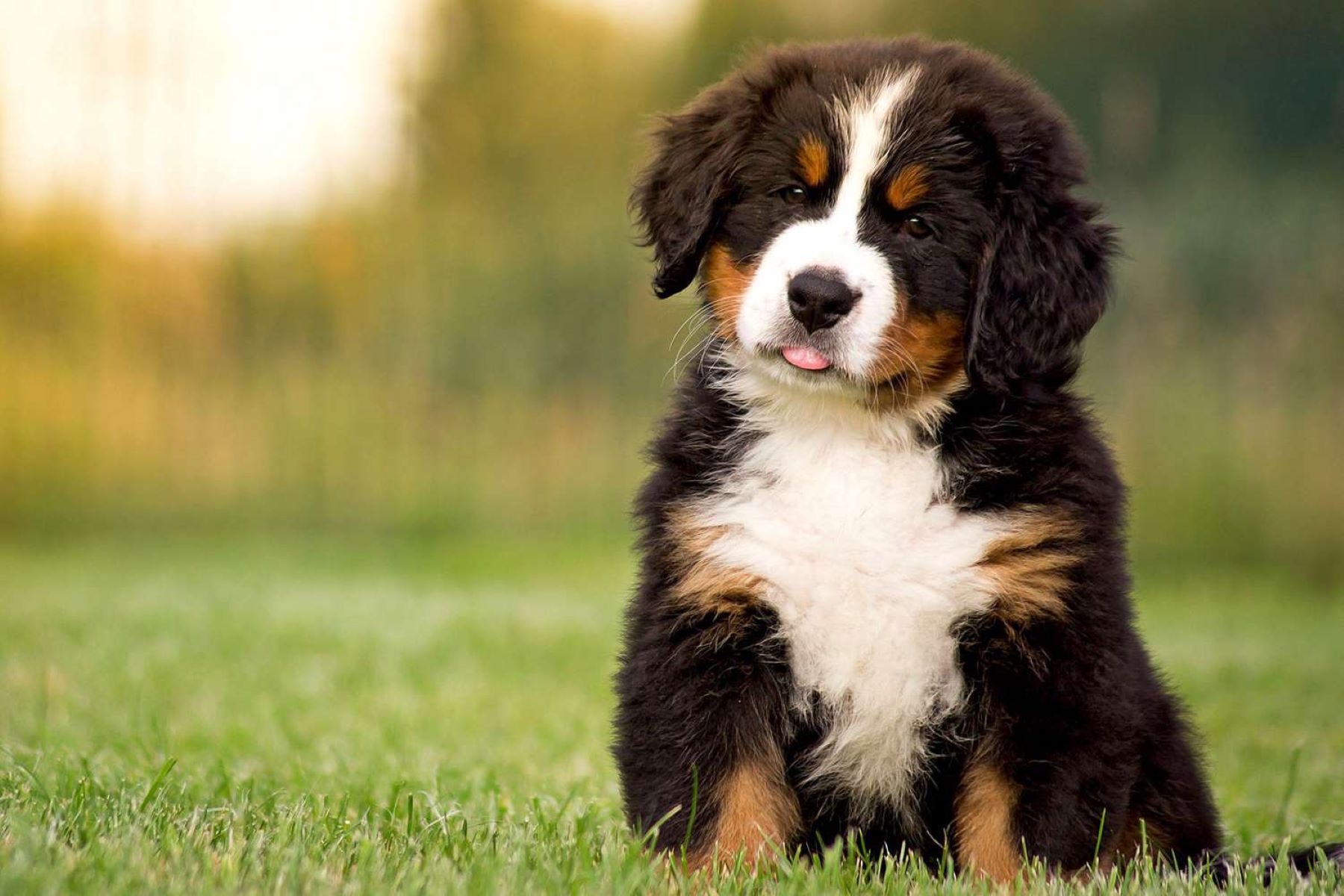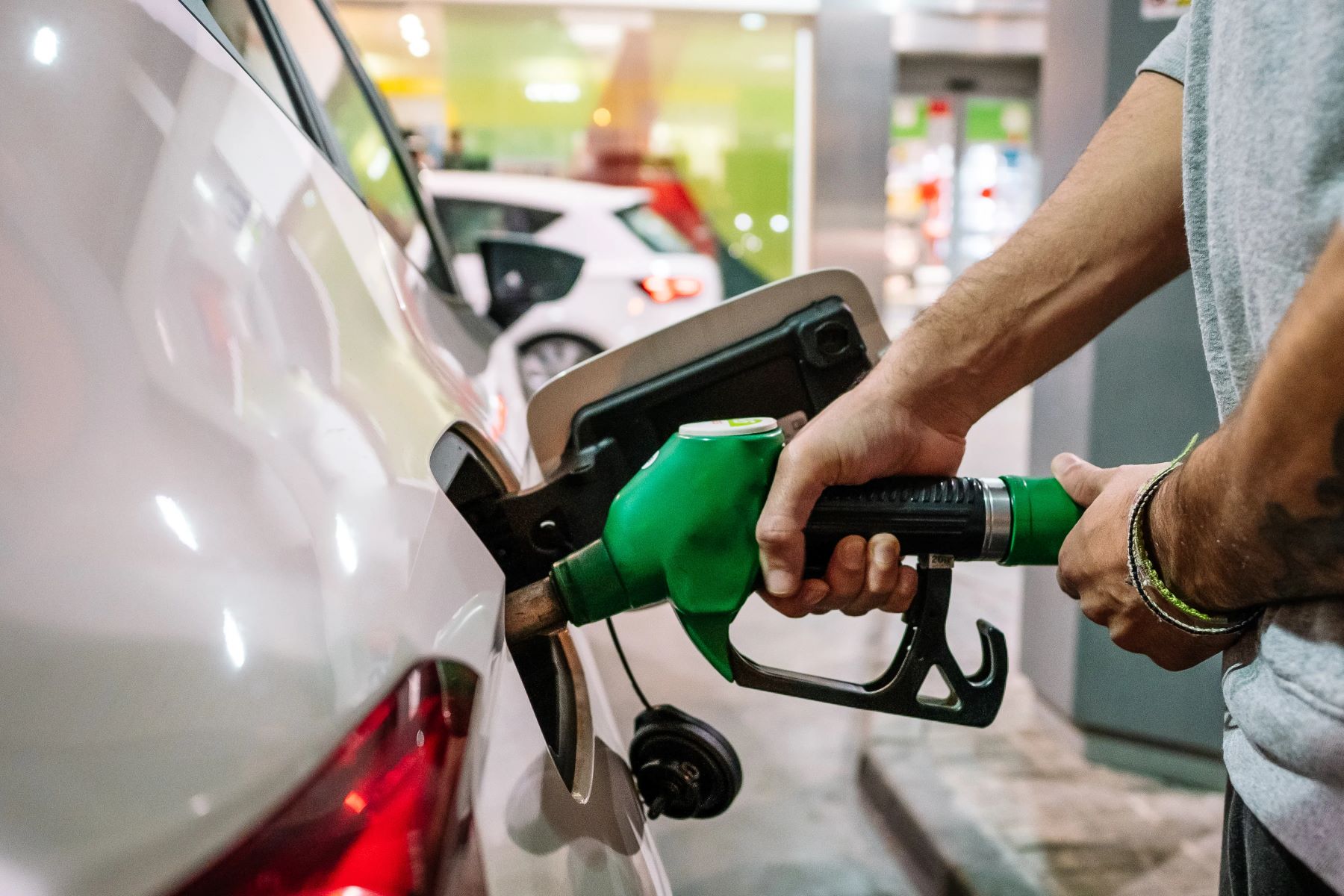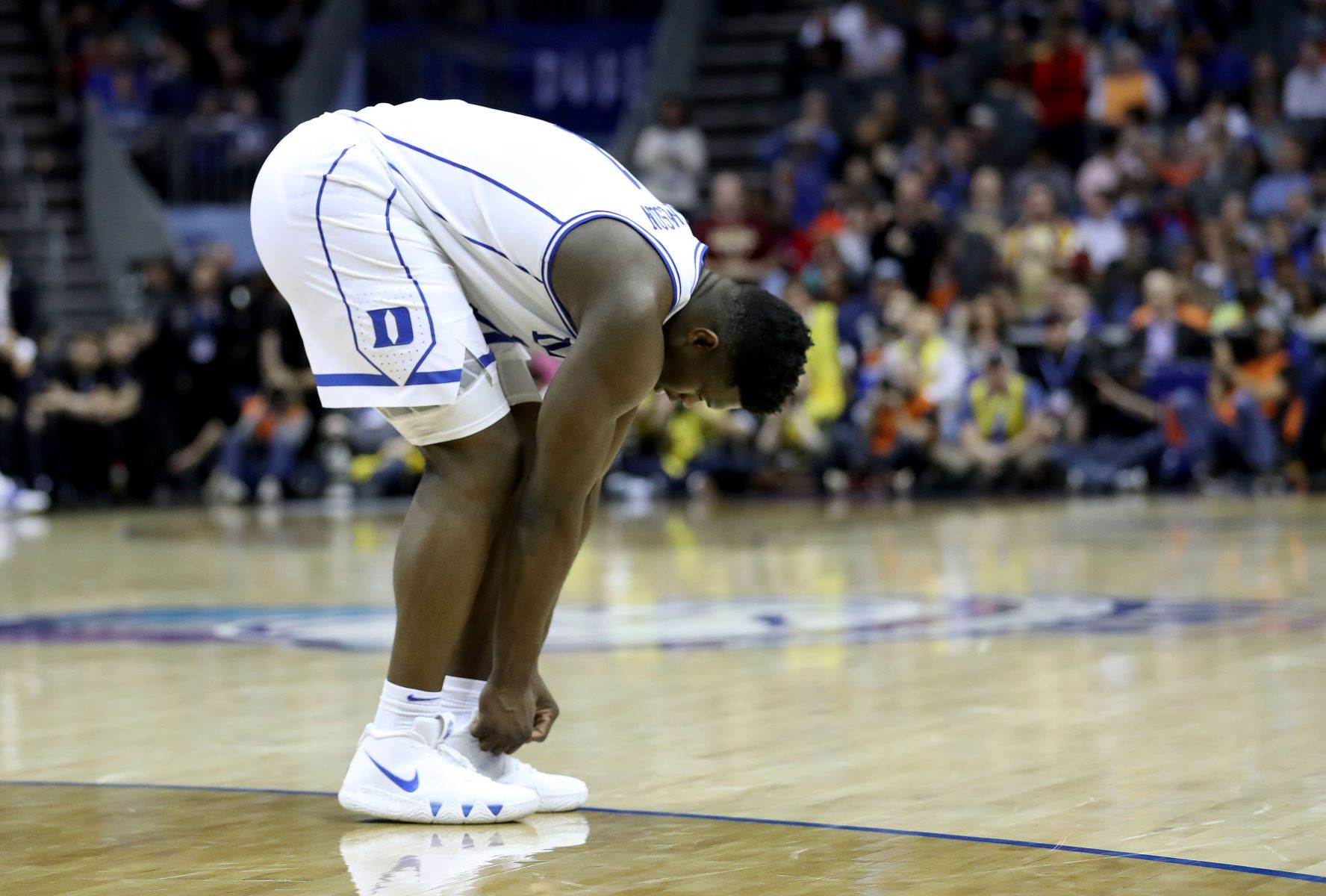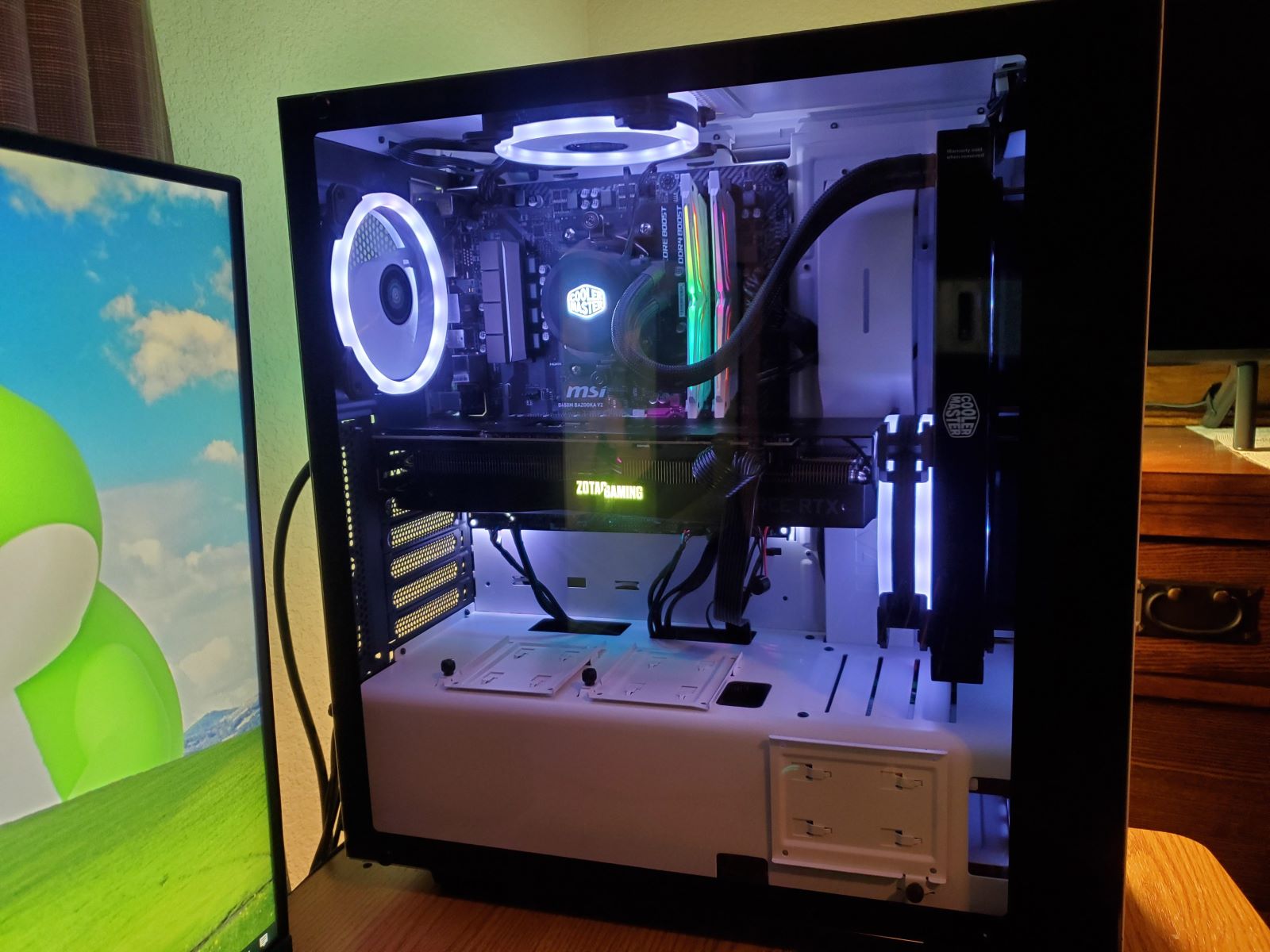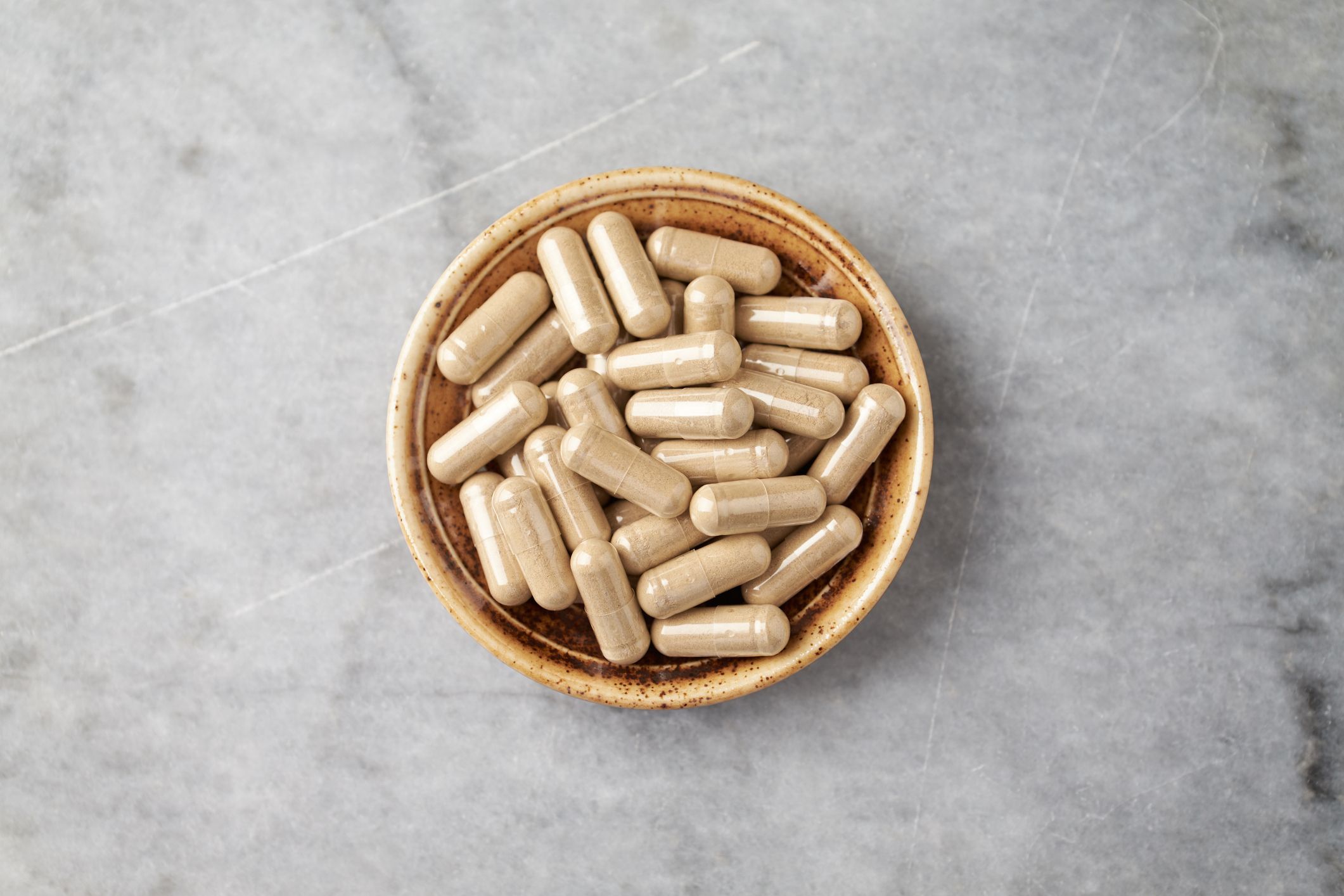Home>Pets & Animals>The Surprising Reason Your Dog Constantly Smacks His Lips – Discover The Secret To Stop It!
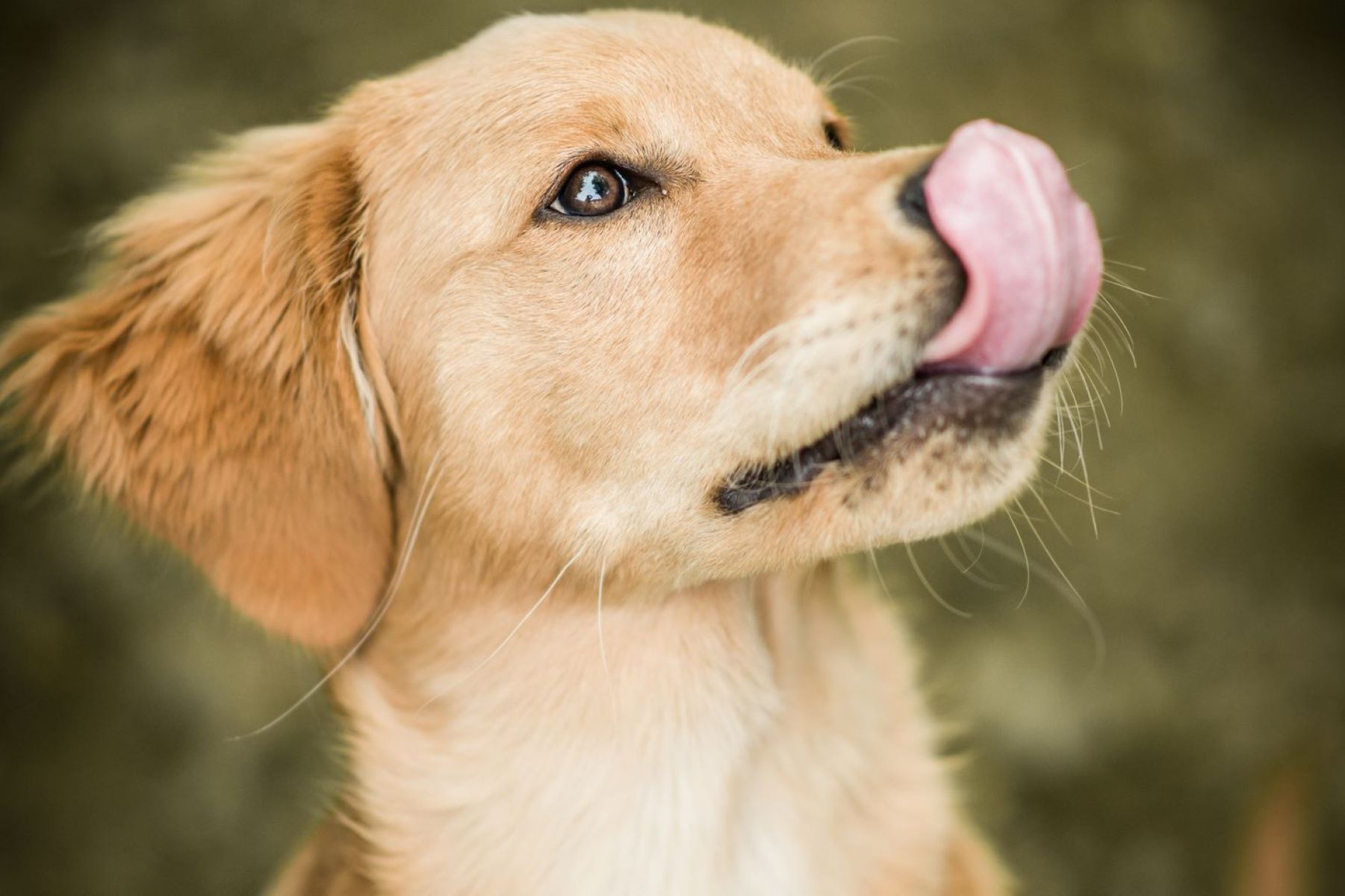

Pets & Animals
The Surprising Reason Your Dog Constantly Smacks His Lips – Discover The Secret To Stop It!
Published: February 18, 2024
Discover the surprising reason why your dog constantly smacks his lips and learn the secret to stop it! Get expert advice on pets and animals.
(Many of the links in this article redirect to a specific reviewed product. Your purchase of these products through affiliate links helps to generate commission for Regretless.com, at no extra cost. Learn more)
Table of Contents
Introduction
Have you ever noticed your furry friend constantly smacking his lips, and wondered what might be causing this behavior? Lip smacking is a common but often overlooked behavior in dogs, and it could be a sign of various underlying issues. Understanding why dogs engage in this behavior and its potential impact on their well-being is crucial for every pet parent. In this article, we will delve into the surprising reasons behind your dog's constant lip smacking and explore effective strategies to address this behavior.
Lip smacking, also known as "licking lips," is a repetitive motion where a dog repeatedly smacks or licks its lips without any apparent reason. While occasional lip smacking is normal, excessive or persistent lip smacking can indicate discomfort, anxiety, or an underlying health issue. As responsible pet owners, it's essential to pay attention to our canine companions' behaviors and address any unusual patterns promptly.
In the following sections, we will unravel the mystery behind why dogs engage in lip smacking, examine the potential impact of this behavior on their health, and explore the factors that contribute to excessive lip smacking in dogs. Additionally, we will provide practical tips to help you curb your dog's constant lip smacking and promote their overall well-being. By gaining a deeper understanding of this common behavior, you'll be better equipped to support your furry friend and strengthen the bond you share. Let's embark on this enlightening journey to uncover the secret behind your dog's lip smacking and discover effective strategies to address it.
Understanding Why Dogs Smack Their Lips
Dogs, like humans, exhibit a wide range of behaviors that convey their emotions, feelings, and physical state. Lip smacking is one such behavior that can offer valuable insights into a dog's well-being. While occasional lip smacking may simply indicate that a dog is clearing food residue or experiencing mild thirst, persistent or excessive lip smacking often signifies a deeper underlying issue.
One common reason for lip smacking in dogs is anxiety or stress. When dogs feel anxious or uneasy, they may resort to lip smacking as a self-soothing mechanism. This behavior can manifest in various situations, such as during thunderstorms, fireworks, or when encountering unfamiliar environments or individuals. Additionally, separation anxiety can trigger excessive lip smacking in dogs when they are separated from their human companions for extended periods.
Furthermore, lip smacking can also be a response to physical discomfort or pain. Dogs may lick or smack their lips as a way to alleviate discomfort in their mouth, throat, or gastrointestinal tract. Dental issues, such as gum inflammation or tooth pain, can prompt dogs to engage in lip smacking as they attempt to alleviate their discomfort. Similarly, gastrointestinal problems, including nausea, acid reflux, or other digestive issues, may lead to persistent lip smacking in dogs.
In some cases, lip smacking can be a manifestation of compulsive behavior. Just like humans, dogs can develop compulsive habits, and lip smacking may become a repetitive action triggered by stress, boredom, or a lack of mental stimulation. This behavior can escalate if not addressed, potentially leading to further stress and discomfort for the dog.
Moreover, certain breeds are predisposed to lip smacking due to genetic factors or breed-specific traits. For instance, brachycephalic breeds, such as Bulldogs and Pugs, are more prone to lip smacking due to their unique facial structures, which can cause breathing difficulties and oral issues.
Understanding the multifaceted reasons behind lip smacking in dogs is pivotal for pet owners. By recognizing the potential triggers and underlying causes of this behavior, pet parents can take proactive steps to address their dog's needs and promote their overall well-being.
In the subsequent sections, we will delve deeper into the impact of lip smacking on dogs' health and explore effective strategies to mitigate this behavior, empowering pet owners with the knowledge and tools to support their canine companions.
The Impact of Lip Smacking on Dogs' Health
Lip smacking in dogs can have a profound impact on their overall health and well-being. While this behavior may seem innocuous at first glance, its persistent occurrence can signal underlying issues that warrant attention. Understanding the potential implications of lip smacking on dogs' health is essential for pet owners to provide the necessary care and support for their furry companions.
One of the primary concerns associated with excessive lip smacking is the potential link to oral and dental health problems. Dogs that engage in frequent lip smacking may be attempting to alleviate discomfort stemming from dental issues such as gum inflammation, tooth decay, or oral infections. Ignoring these dental concerns can lead to exacerbated pain, difficulty eating, and a diminished quality of life for the dog. Therefore, consistent lip smacking should prompt pet owners to conduct a thorough examination of their dog's oral health and seek veterinary care if necessary.
Moreover, persistent lip smacking can indicate gastrointestinal distress or discomfort in dogs. Gastrointestinal issues such as acid reflux, nausea, or dietary sensitivities may prompt dogs to exhibit this behavior as they attempt to alleviate their discomfort. Left unaddressed, these underlying gastrointestinal problems can lead to prolonged discomfort, reduced appetite, and potential complications that impact the dog's overall health.
In addition to physical implications, the emotional well-being of dogs can also be affected by persistent lip smacking. This behavior may serve as a manifestation of stress, anxiety, or boredom, signaling the need for emotional support and environmental enrichment. Dogs experiencing chronic stress or anxiety may exhibit a range of behavioral changes beyond lip smacking, and addressing these underlying emotional concerns is crucial for promoting their mental and emotional wellness.
Furthermore, compulsive lip smacking can perpetuate a cycle of stress and discomfort for dogs, potentially exacerbating the behavior and leading to heightened anxiety or frustration. Recognizing and addressing compulsive behaviors early on can prevent the escalation of stress-related issues and contribute to a more balanced and contented state for the dog.
By acknowledging the potential impact of lip smacking on dogs' health, pet owners can take proactive measures to address any underlying issues, seek veterinary guidance when necessary, and provide a supportive environment that promotes their canine companion's holistic well-being. In the subsequent sections, we will explore practical strategies to help mitigate excessive lip smacking in dogs and support their overall health and happiness.
Factors Contributing to Excessive Lip Smacking in Dogs
Several factors can contribute to excessive lip smacking in dogs, encompassing a diverse range of physical, emotional, and environmental influences. Understanding these contributing factors is pivotal for pet owners, as it allows for targeted interventions and holistic support tailored to the specific needs of their canine companions.
-
Physical Discomfort: Dogs may engage in excessive lip smacking as a response to physical discomfort, particularly related to their oral health and gastrointestinal well-being. Dental issues, such as periodontal disease, tooth decay, or oral infections, can prompt dogs to repeatedly lick or smack their lips in an attempt to alleviate pain or irritation. Additionally, gastrointestinal problems, including acid reflux, gastritis, or dietary sensitivities, may lead to persistent lip smacking as dogs seek relief from digestive discomfort.
-
Anxiety and Stress: Dogs experiencing anxiety, stress, or emotional upheaval may resort to excessive lip smacking as a self-soothing behavior. Situational stressors, such as thunderstorms, fireworks, or separation from their human companions, can trigger this response. Moreover, dogs exposed to chronic stress or environmental anxiety may exhibit compulsive behaviors, including excessive lip smacking, as a coping mechanism.
-
Boredom and Lack of Stimulation: A lack of mental and physical stimulation can contribute to the development of compulsive behaviors in dogs, including lip smacking. Dogs that do not receive adequate exercise, mental enrichment, or social interaction may engage in repetitive behaviors as a means of alleviating boredom or pent-up energy. Providing stimulating activities and environmental enrichment can help mitigate this underlying cause.
-
Genetic Predisposition: Certain dog breeds, particularly brachycephalic breeds with unique facial structures, may be predisposed to lip smacking due to inherent physical traits. Breeds such as Bulldogs, Pugs, and Boxers, characterized by short muzzles and respiratory challenges, may exhibit increased lip smacking tendencies linked to their anatomical features.
-
Compulsive Behavior: Dogs, like humans, can develop compulsive habits in response to stress, anxiety, or environmental triggers. Excessive lip smacking may become a compulsive behavior in dogs, perpetuated by underlying emotional or physical discomfort. Addressing the root causes of compulsive behavior is essential for promoting balanced mental and emotional well-being in dogs.
By recognizing these diverse factors contributing to excessive lip smacking in dogs, pet owners can take proactive steps to address their canine companions' specific needs. Tailoring interventions to target the underlying causes, whether related to physical health, emotional well-being, or environmental enrichment, is crucial for promoting a harmonious and contented state for dogs.
Tips to Stop Your Dog from Constantly Smacking His Lips
Addressing and mitigating your dog's constant lip smacking requires a multifaceted approach that encompasses physical care, emotional support, and environmental adjustments. By implementing the following tips, you can effectively curb this behavior and promote your dog's overall well-being.
-
Consult a Veterinarian: If you notice persistent lip smacking in your dog, it's essential to seek professional guidance from a veterinarian. A thorough physical examination can help identify any underlying health issues, such as dental problems or gastrointestinal discomfort, that may be contributing to the behavior. Your veterinarian can recommend appropriate treatment and management strategies tailored to your dog's specific needs.
-
Prioritize Dental Health: Maintaining your dog's oral hygiene is crucial for preventing dental issues that may prompt lip smacking. Regular tooth brushing, dental chews, and professional dental cleanings can help keep your dog's teeth and gums healthy, reducing the likelihood of oral discomfort that leads to lip smacking.
-
Address Emotional Needs: Dogs exhibiting compulsive behaviors, including excessive lip smacking, may benefit from emotional support and enrichment. Providing a secure and comforting environment, engaging in interactive play, and incorporating mental stimulation activities can help alleviate stress and anxiety, reducing the frequency of lip smacking.
-
Identify Triggers and Minimize Stressors: Recognizing specific triggers that prompt lip smacking in your dog, such as loud noises or separation anxiety, empowers you to minimize these stressors. Creating a calm and predictable routine, utilizing calming aids like pheromone diffusers, and gradually desensitizing your dog to anxiety-inducing stimuli can help reduce the occurrence of lip smacking.
-
Promote Physical and Mental Exercise: Regular physical exercise and mental stimulation are essential for preventing boredom and compulsive behaviors in dogs. Engage in daily walks, interactive play sessions, and puzzle toys to keep your dog mentally and physically active, reducing the likelihood of excessive lip smacking as a result of pent-up energy or boredom.
-
Provide a Balanced Diet: A well-balanced and digestible diet plays a significant role in promoting gastrointestinal health and reducing the likelihood of digestive discomfort that triggers lip smacking. Consult with your veterinarian to ensure that your dog's diet is suitable for their specific nutritional needs and digestive sensitivities.
-
Utilize Behavior Modification Techniques: Positive reinforcement training techniques can be employed to redirect your dog's behavior away from lip smacking. Rewarding alternative, desirable behaviors and utilizing distraction techniques can help shift your dog's focus and discourage the repetitive lip smacking response.
-
Monitor Progress and Seek Professional Support: Continuously monitor your dog's response to the implemented strategies and seek ongoing support from a qualified dog behaviorist or trainer if necessary. Professional guidance can offer tailored interventions to address compulsive behaviors and promote a harmonious relationship between you and your canine companion.
By integrating these tips into your dog's care routine and environment, you can effectively address and reduce the occurrence of constant lip smacking, fostering a healthier and more balanced state for your beloved pet.
Conclusion
In conclusion, understanding the underlying reasons behind your dog's constant lip smacking is pivotal for promoting their overall well-being and strengthening the bond between you and your furry companion. Lip smacking, while often dismissed as a benign behavior, can serve as a crucial indicator of physical discomfort, emotional distress, or a lack of environmental enrichment in dogs.
By unraveling the multifaceted triggers and implications of lip smacking, pet owners can take proactive steps to address this behavior and provide targeted support tailored to their dog's specific needs. From dental care and emotional support to environmental adjustments and behavior modification, a comprehensive approach is essential for curbing constant lip smacking and nurturing a harmonious relationship with your canine companion.
Furthermore, seeking professional guidance from a veterinarian and, if necessary, a qualified dog behaviorist, can offer invaluable insights and tailored strategies to address the root causes of excessive lip smacking. Embracing a holistic approach that encompasses physical, emotional, and environmental aspects enables pet owners to create a supportive and enriching environment for their dogs, ultimately enhancing their quality of life and emotional well-being.
By prioritizing your dog's dental health, emotional needs, and overall physical and mental wellness, you can effectively mitigate constant lip smacking and cultivate a fulfilling and balanced lifestyle for your beloved pet. Remember, every dog is unique, and understanding their individual triggers and preferences is key to providing personalized care and support.
As you embark on this journey to address your dog's lip smacking, remember that patience, consistency, and empathy are paramount. Observing and understanding your dog's behaviors and needs fosters a deeper connection and paves the way for a mutually rewarding companionship.
In essence, by delving into the secret behind your dog's lip smacking and embracing targeted interventions, you can embark on a transformative journey that enhances your dog's well-being and strengthens the cherished bond you share. Through knowledge, compassion, and proactive care, you can empower your dog to thrive and revel in a life filled with joy, comfort, and contentment.




